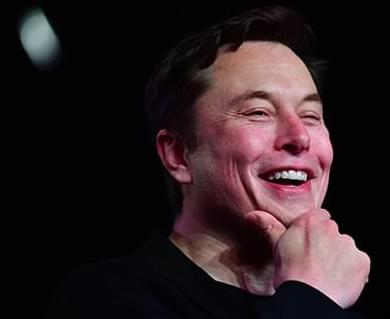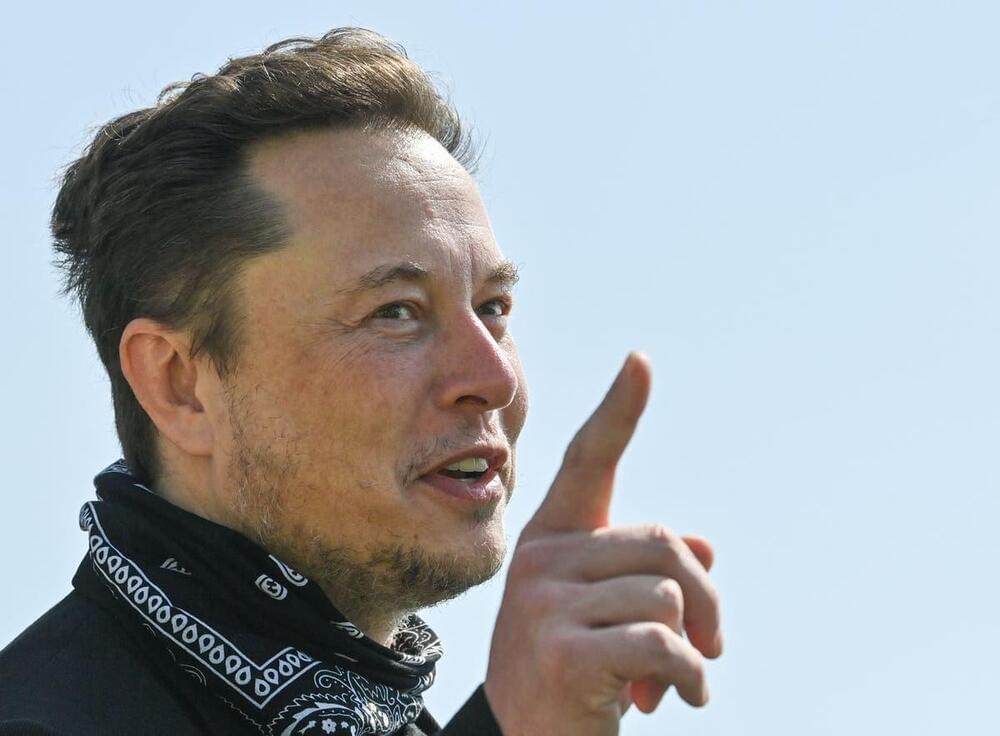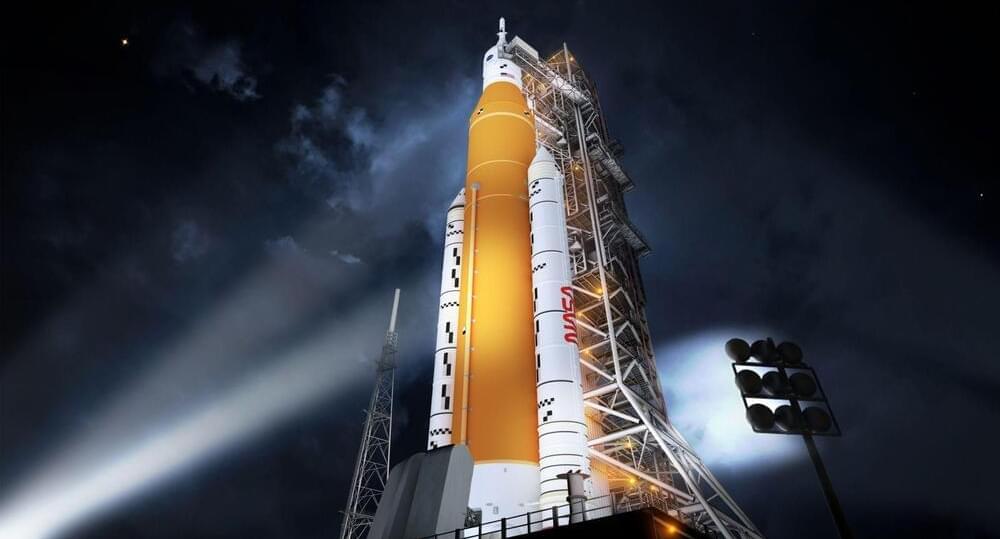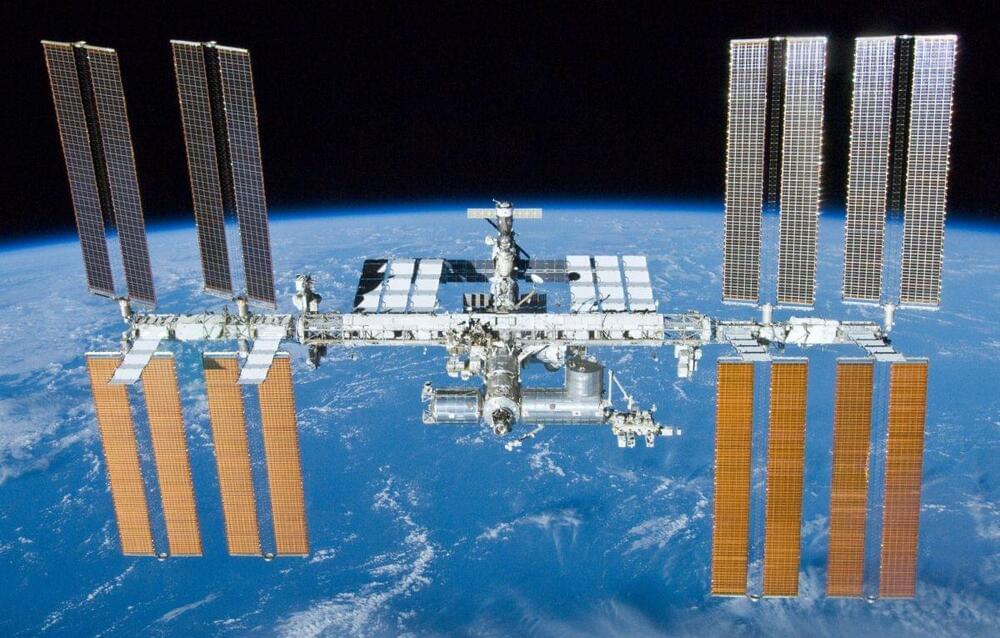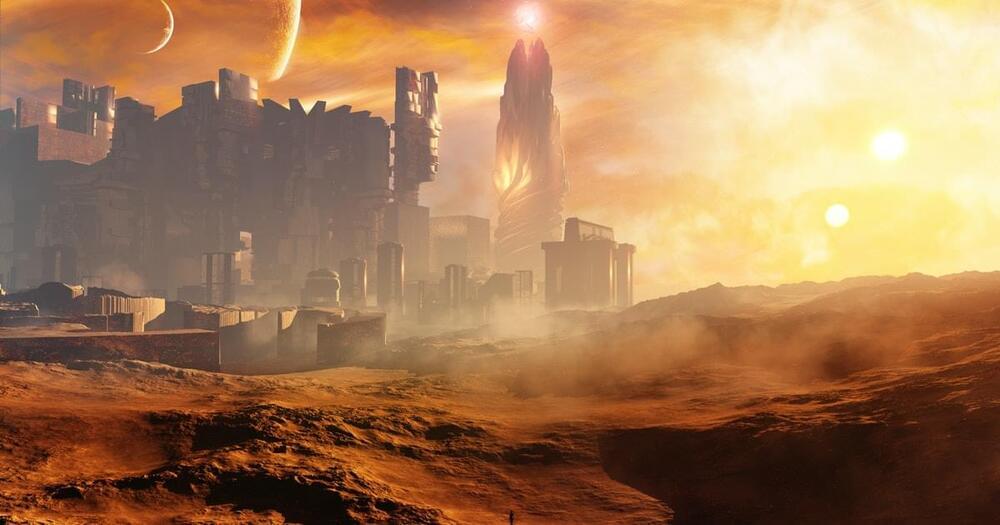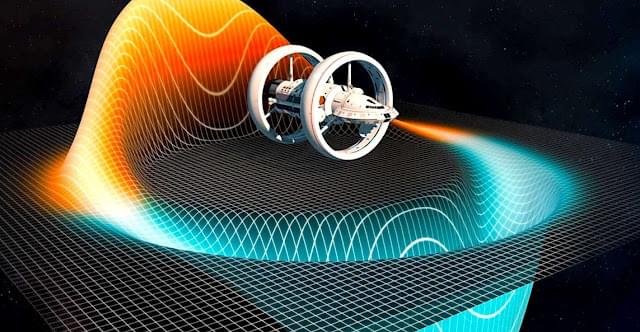Advancing Human Exploration Beyond Our Solar System — Dr. Harold “Sonny” White, Limitless Space Institute
Dr. Harold ‘Sonny’ White, is Director, Advanced Research & Development, at the Limitless Space Institute (LSI — https://www.limitlessspace.org/), in Houston, Texas.
Dr. White has over 25+ years of experience working in the aerospace industry with Boeing, Lockheed Martin, as well as at NASA, and in his current role at the Limitless Space Institute he leads all R&D work and establishes priorities for investigations and expenditures.
Dr. White obtains grants and other resources in support of R&D efforts; markets LSI to major benefactors to increase resources and related R&D efforts; and arranges/schedules/conducts events ensuring appropriately related well-known individuals are involved.
Dr. White holds a Ph.D. in Physics from Rice University, a Master of Science in Mechanical Engineering from Wichita State University, and a Bachelor’s of Science in Mechanical Engineering from University of South Alabama.
